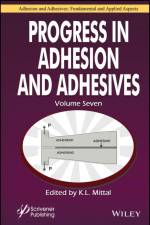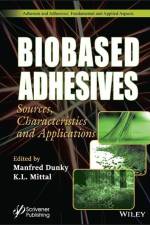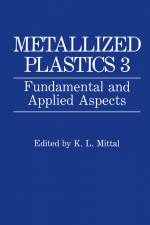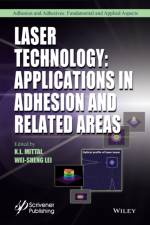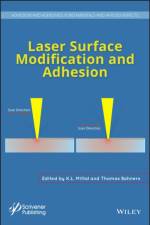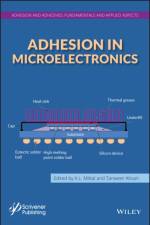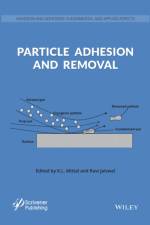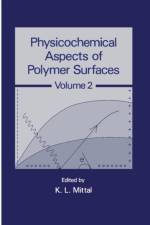av K. L. Mittal
2 369
Structural AdhesivesUniquely provides up-to-date and comprehensive information on the topic in an easily-accessible form.A structural adhesive can be described as a high-strength adhesive material that is isotropic in nature and bonds two or more parts together in a load-bearing structure. A structural adhesive material must be capable of transmitting the stress/load without loss of structural integrity within design limits. There are many types of established structural adhesives, including epoxy, urethane, acrylic, silicone, etc.Structural Adhesives comprises nine chapters and is divided into two parts: Part 1, Preparation, Properties, and Characterization; Part 2, Applications.The topics covered include: structural epoxy adhesives; biological reinforcement of epoxies as structural adhesives; marble dust reinforced epoxy structural adhesive composites; characterization of various structural adhesive materials; effects of shear and peel stress distributions on the behavior of structural adhesives; the inelastic response of structural aerospace adhesives; structural reactive acrylic adhesives: their preparation, characterization, properties, and applications; application of structural adhesives in composite connections; and naval applications of structural adhesives.AudienceThis book should be of much use and interest to adhesionists, materials scientists, adhesive technologists, polymer scientists, and those working in the construction, railway, automotive, aviation, bridge, and shipbuilding industries.

